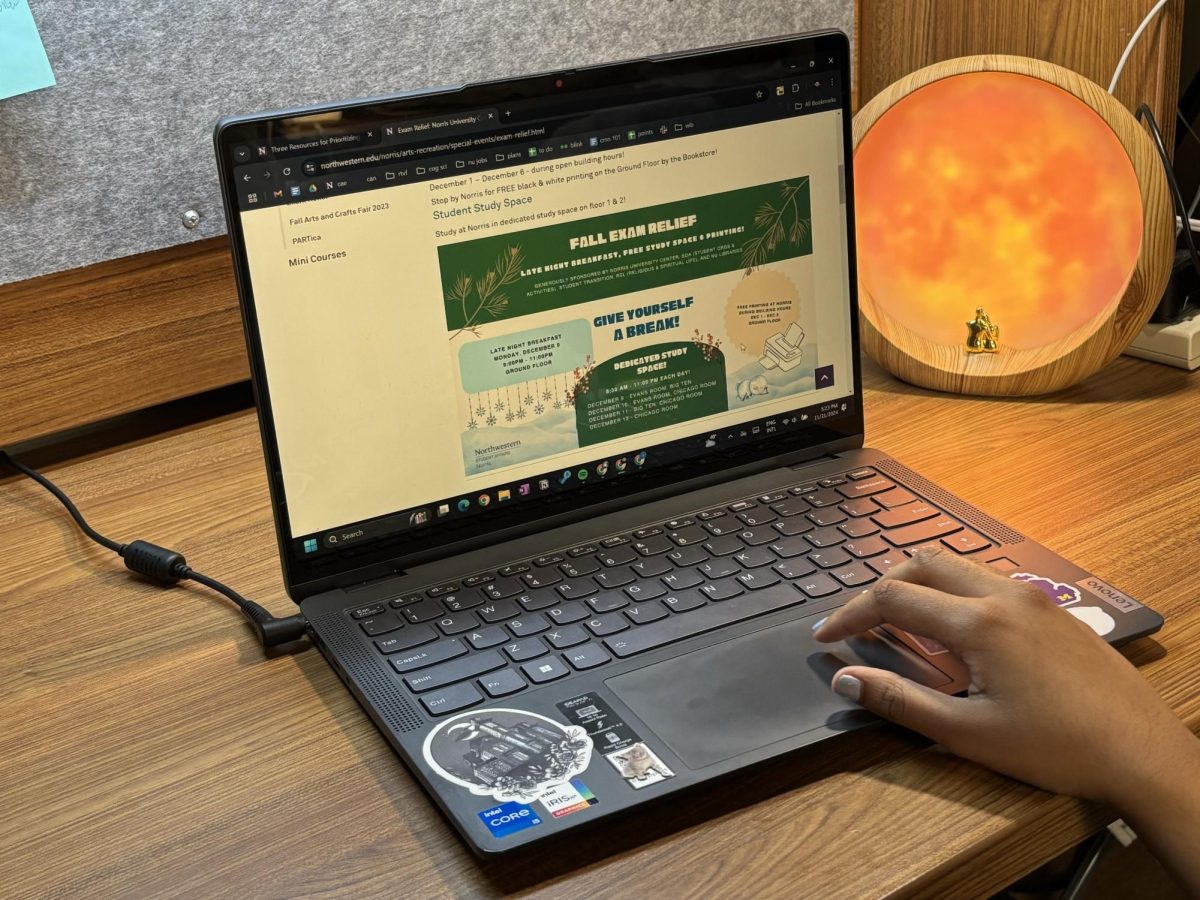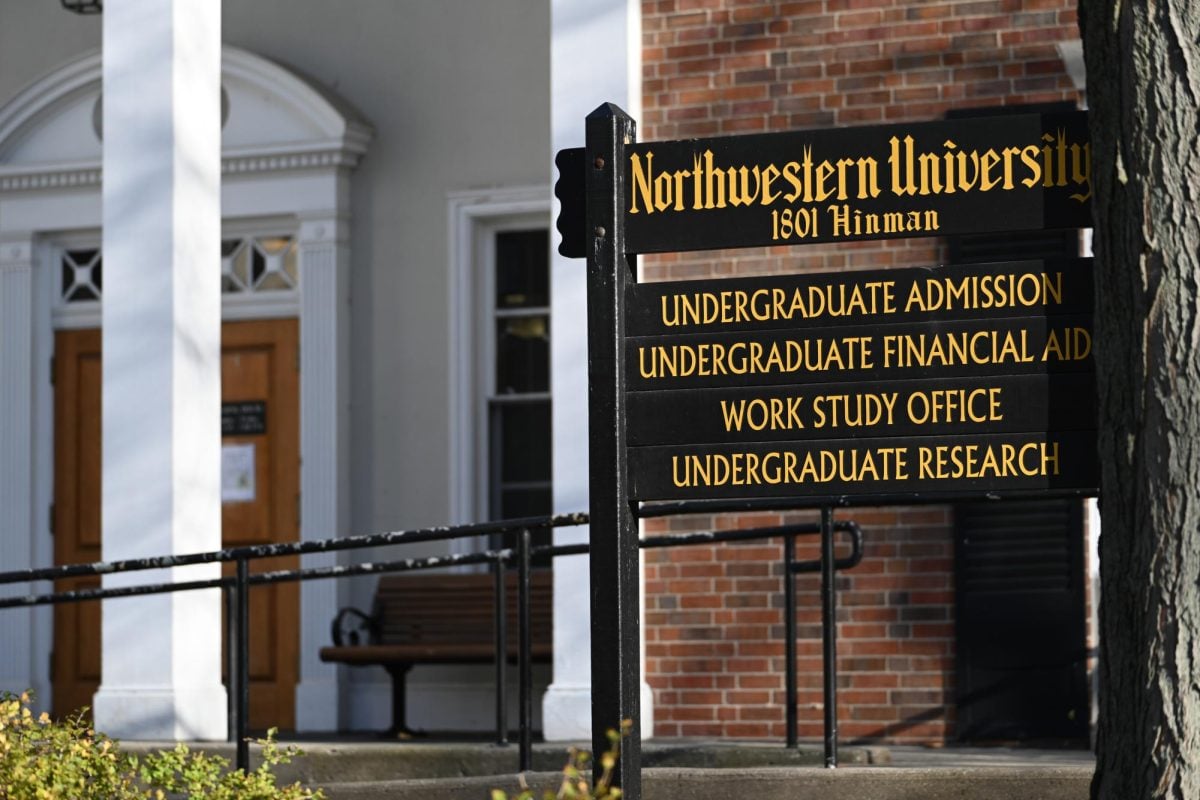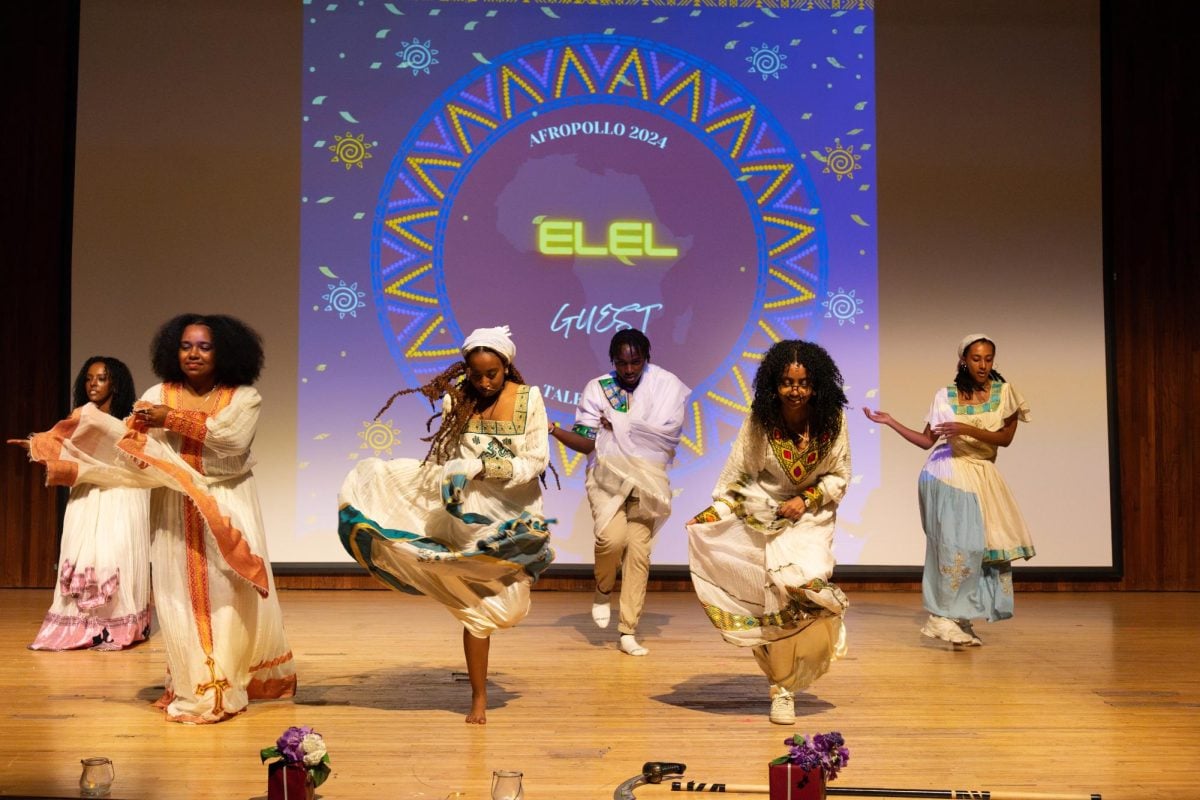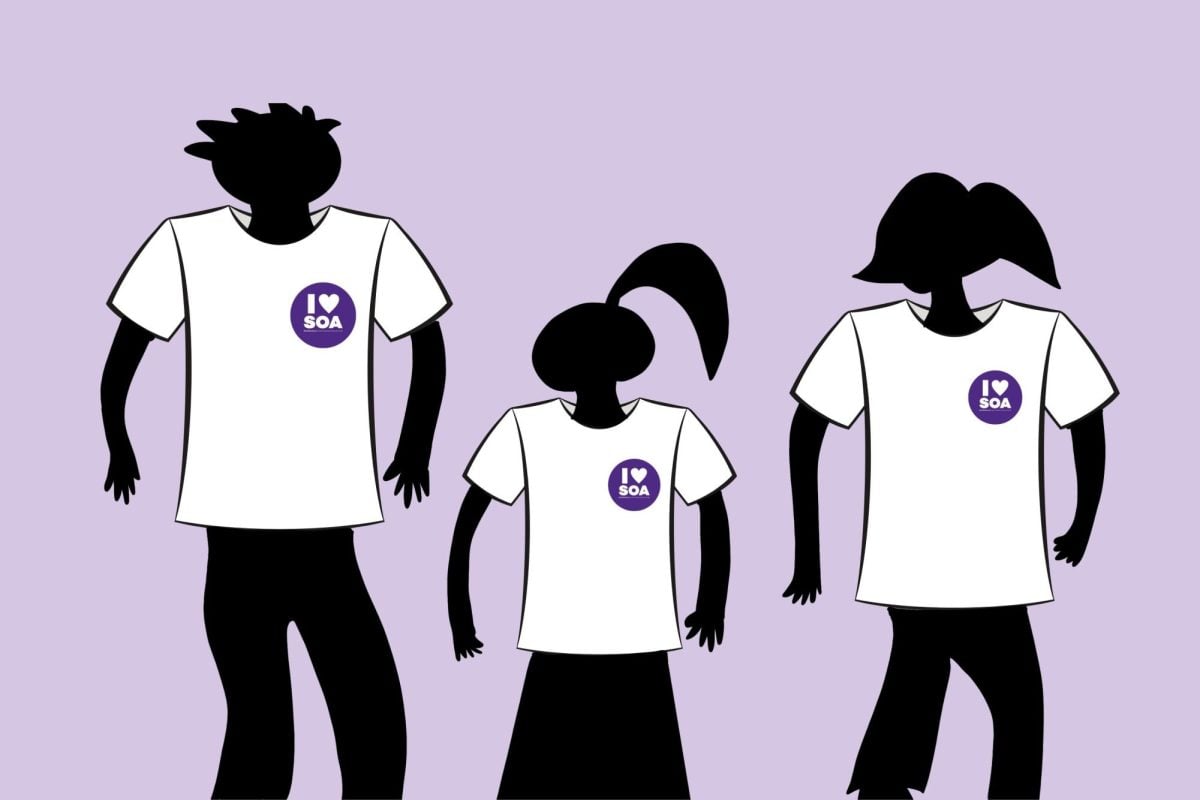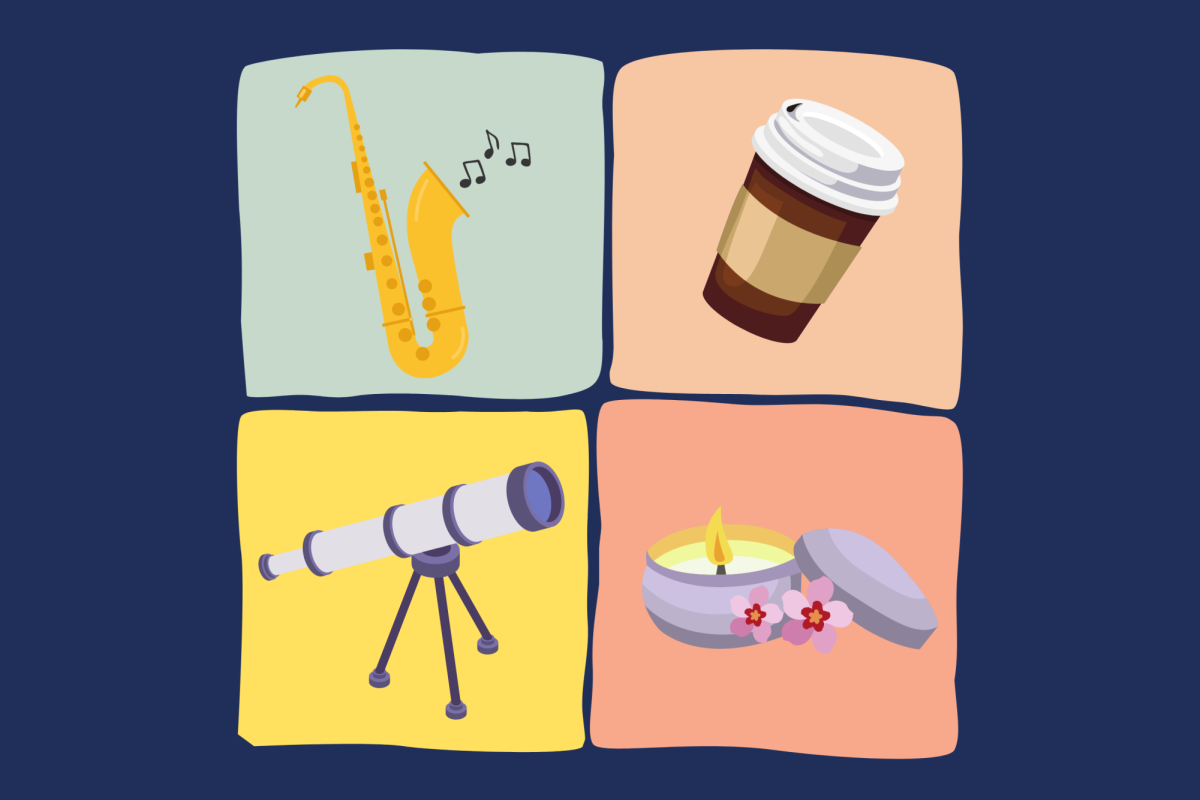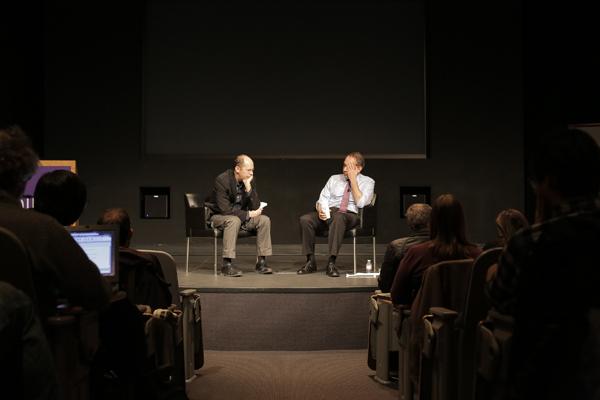
Storytelling through conversation is meaningful for both the speaker and the listener, two nationally-known storytellers emphasized Tuesday night at a discussion hosted by the Center for the Writing Arts.
Dave Isay, founder of oral history nonprofit StoryCorps, talked with Northwestern professor and author Alex Kotlowitz, who wrote this year’s One Book One Northwestern selection “Never a City So Real,” about the origins of StoryCorps and the importance of its mission in giving people a chance to talk about their lives. Isay and Kotlowitz agreed audio storytelling creates and captures intimate moments that other types of media cannot. The panel drew more than 100 people to the McCormick Tribune Center Forum.
“When you give people the chance to talk, magnificent things are going to happen,” Isay said. “The act of being listened to tells people that they matter. And you can see people almost grow when you’re listening to them.”
Isay founded StoryCorps in 2003. The organization hosts recording sessions in booths across the country, where subjects are interviewed by a friend or family member under the guidance of a trained facilitator.
“It’s a great medium for intimate stories, emotional stories, and it’s not that expensive to do,” Isay said. “You kind of melt into each other’s eyes and forget what’s going on around you.”
To date, StoryCorps has recorded around 45,000 stories. Isay said there have been both marriage proposals and confessions to murder in the booths. But he added that the small stories are just as significant.
“Things are said between people and information gets passed that never has been talked about before … (although) for the most part, it’s the most important person in your life who’s living who’s in the booth with you,” he said.
“Listening isn’t a passive experience,” Kotlowitz added.
Matt Rhodes, a Medill graduate student who was in the audience, said the discussion reminded him that storytelling benefits the listener as much as the storyteller.
“I love the idea of the producer setting up the setting and then allowing these two people to go about having a conversation,” he said, adding that such conversations allow people to open up to one another in ways they would not for journalists.
Ann Marshall, a Weinberg program assistant and StoryCorps listener, agreed the StoryCorps format allowed participants to be more willing to share details of their lives.
“There’s an intimacy to telling a story,” she said. “They reach you, person to person.”
The course of the discussion also deepened Marshall’s belief about the importance of storytelling, “even just in a conversation between family members or two friends,” she said.
Audience members listened to several StoryCorps conversations, including one between a woman and her son’s murderer and one between a dying man and his devoted wife.
“It was really powerful,” Medill junior Antonia Cereijido said. “I think this is very moving journalism.”
Isay also discussed some of StoryCorps’ recent projects and future plans. He said he hopes to make all the interviews, copies of which are currently housed in the Library of Congress, accessible online within the next few years.
“The dream is that someday StoryCorps is going to be a sustaining national institution,” he said. “The core idea is that every life matters equally, which goes against the prevailing culture.”
A StoryCorps mobile recording booth will come to Chicago in April.



